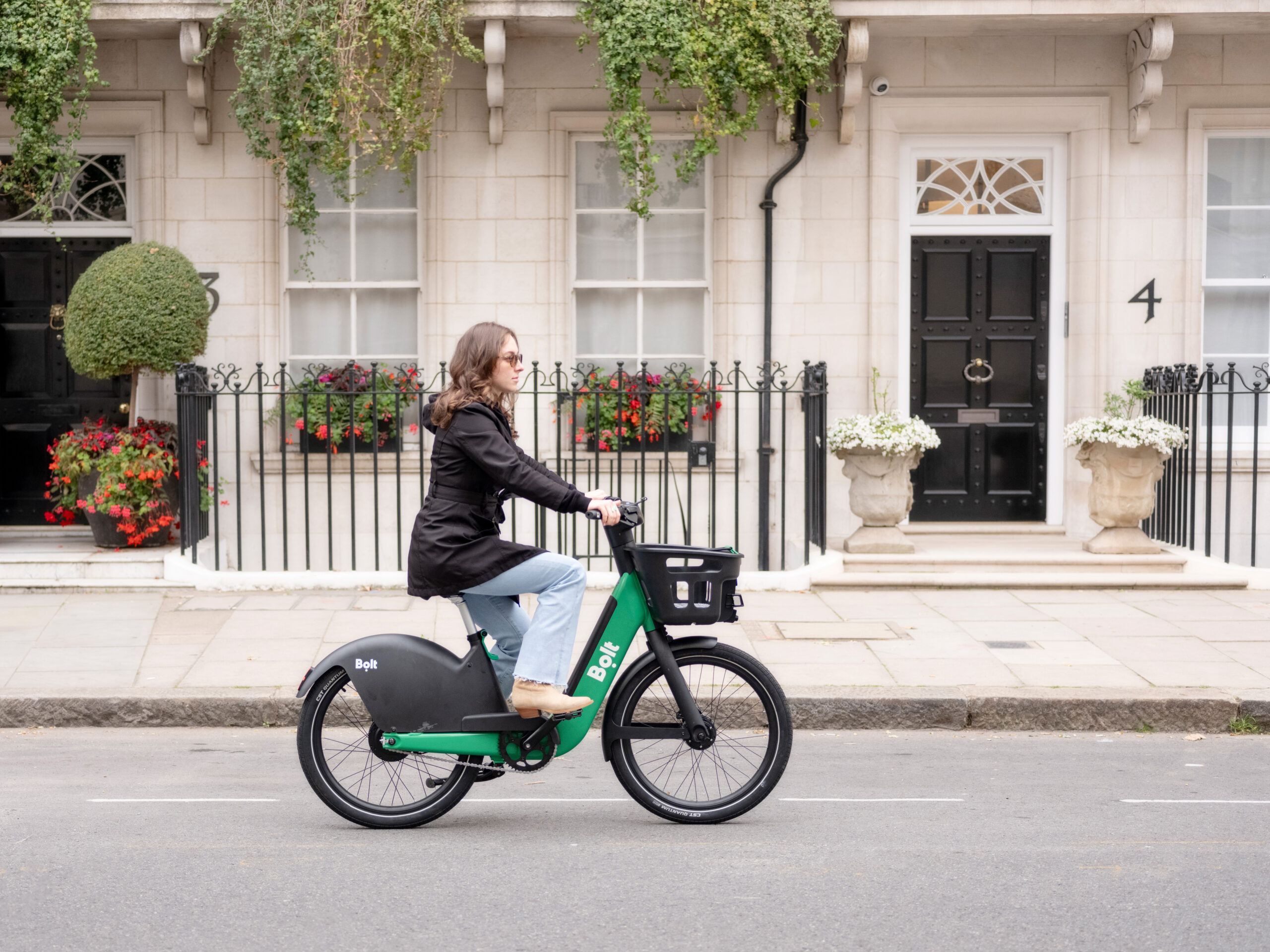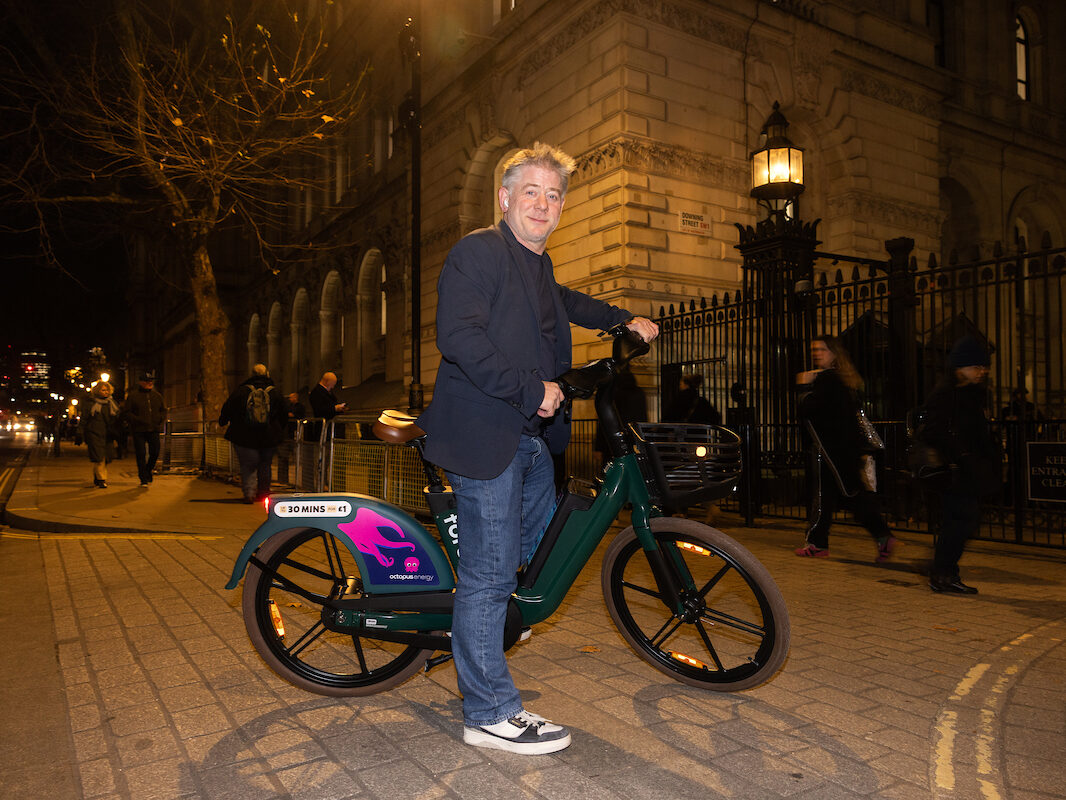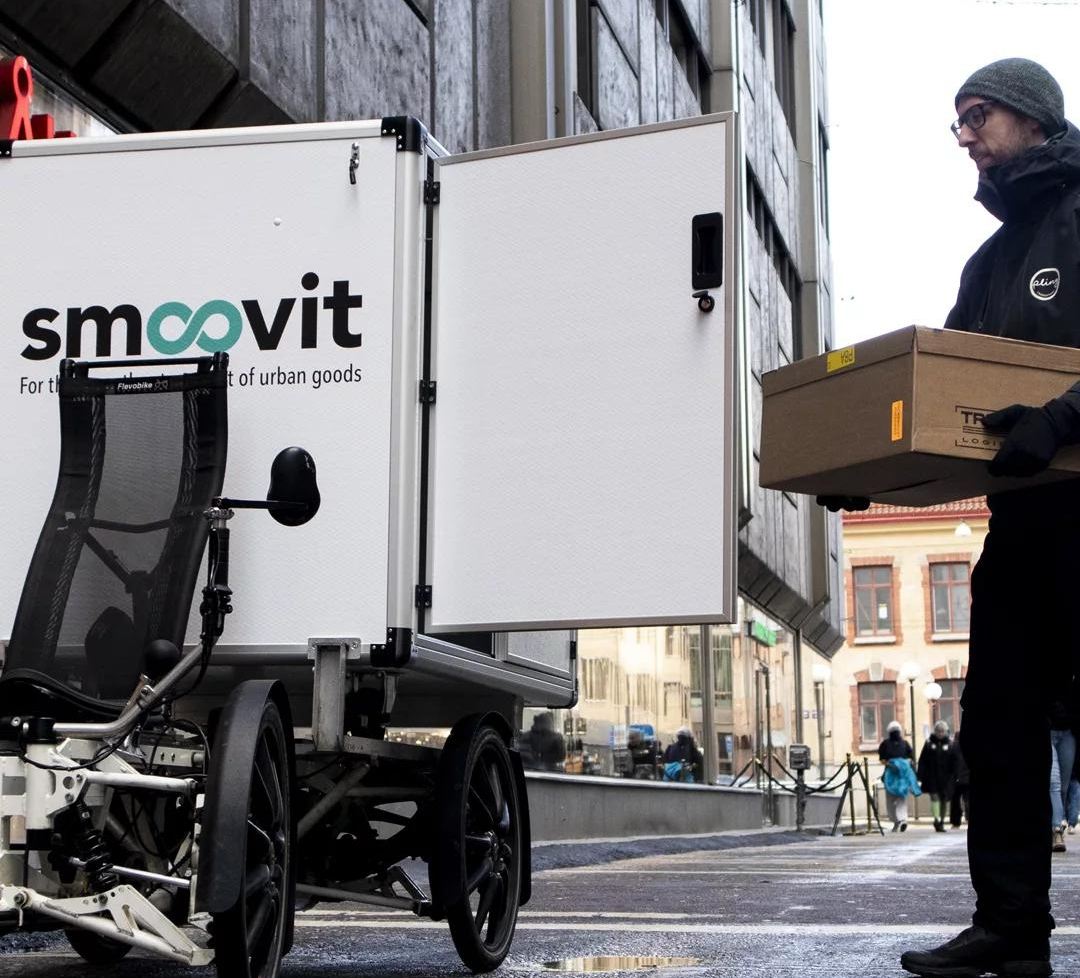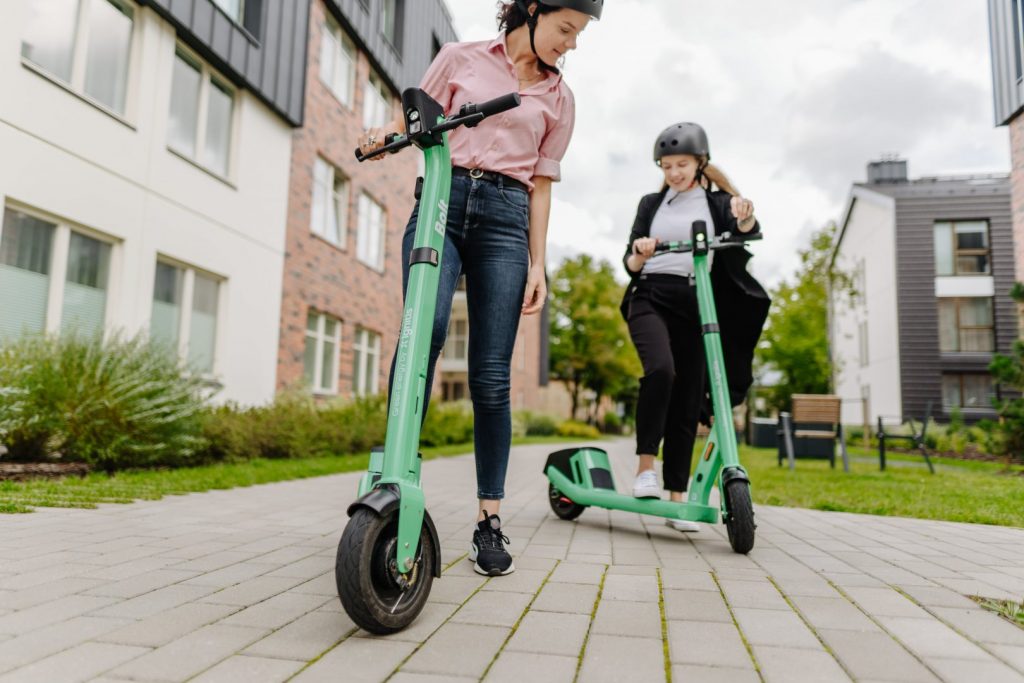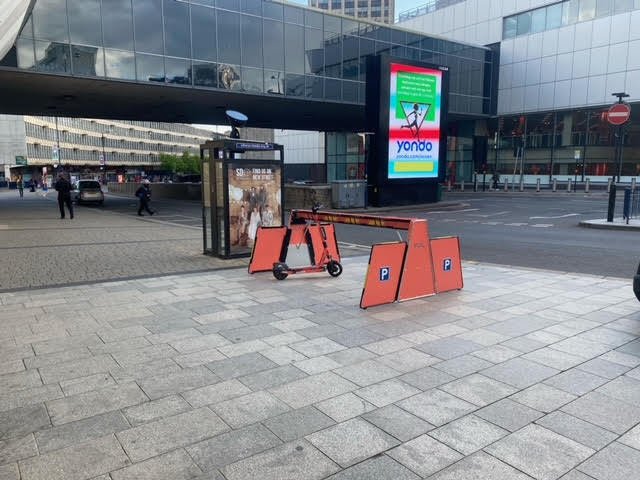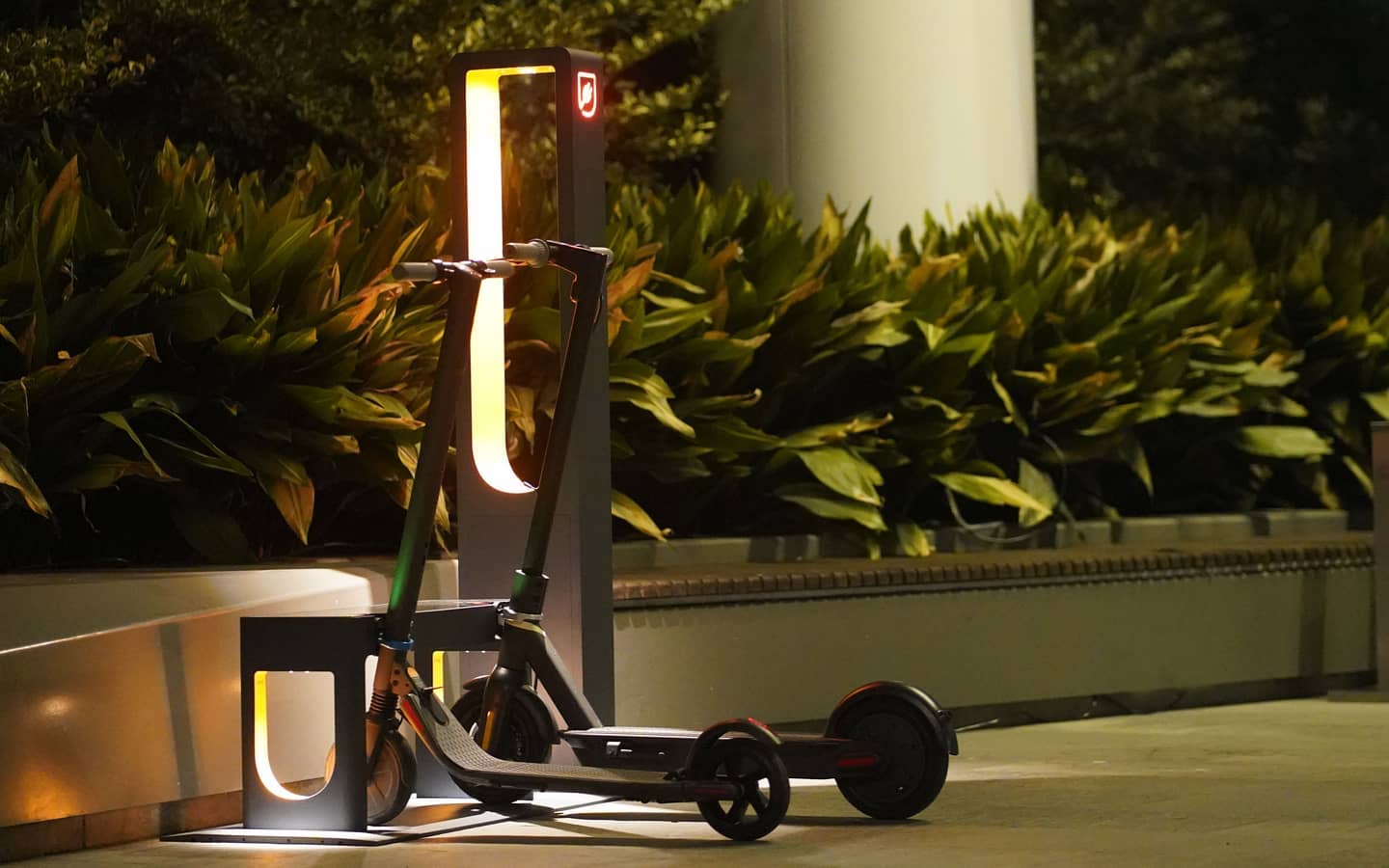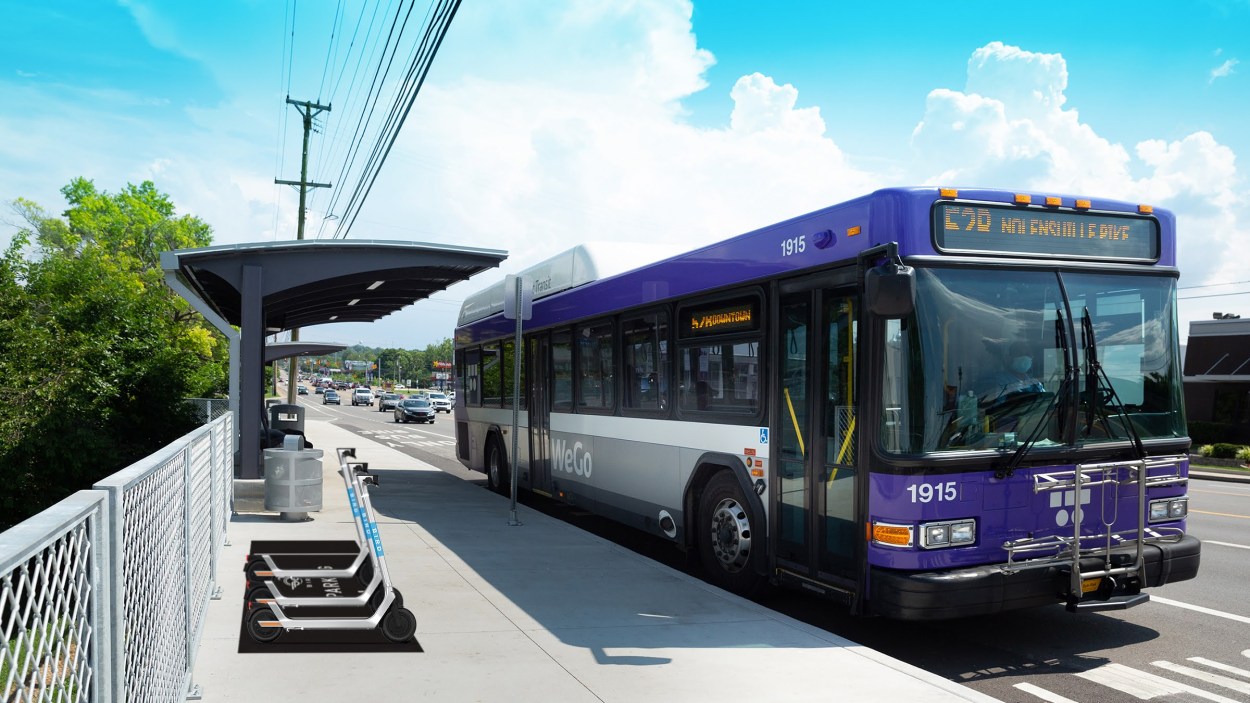The Traffic Control Systems team from the Universitat Politècnica de València (UPV) has developed the first road sensor for micromobility vehicles.
The sensor uses magnetic loops to monitor micromobility vehicles and ensure their safe operation. It has been patented by UPV, a technical university in Valencia, Spain and has been approved for use in shared lanes and general traffic in urban areas.
As the popularity of micromobility has increased significantly in recent years, UPV aims to ensure that these new modes of mobility can be accurately monitored and controlled to prioritise road safety.
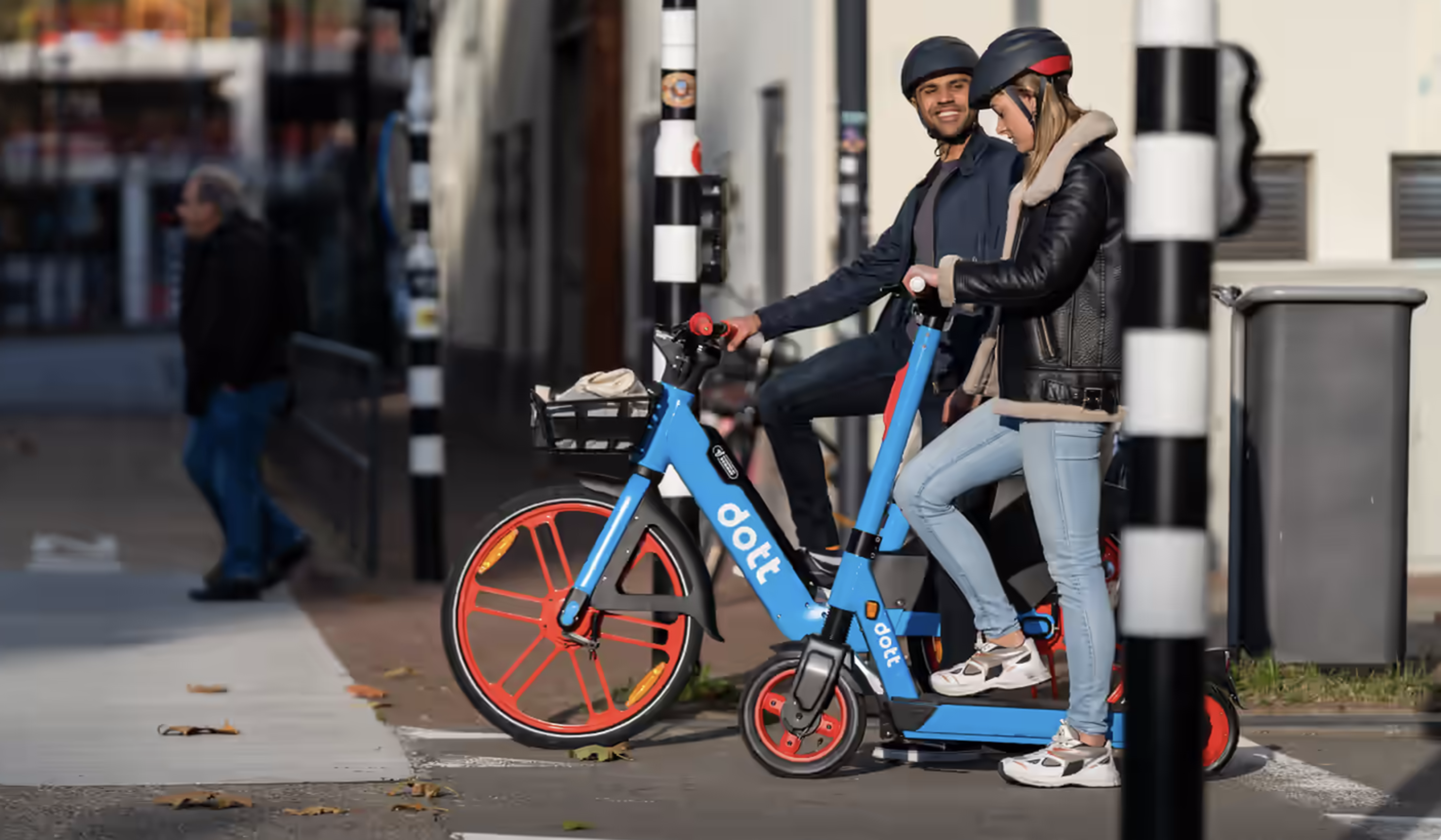
Antonio Mocholí, Director of the Traffic Control Systems team at UPV's Institute of Information and Communication Technologies, said:While conventional vehicles are carefully monitored through the various sensors that are widely installed in cities, scooters, bikes and other personal mobility vehicles lack accurate and efficient tools to perform this monitoring. This situation has negative repercussions at several levels, most importantly with regard to safety, as current technologies are not able to monitor how they are being used. The system that we have designed and approved allows us to obtain highly valuable information using an extremely cheap and reliable circuit.
The system builds upon the current magnetic loop sensors that are used for motorised vehicles. The sensor can instantly obtain information about the speed and direction of a micromobility vehicle, while also calculating traffic density and determining the types of vehicles used.
Researcher Carlos Moyano Gómez, said:The sensor is able to detect the magnetic footprint of each model of electric scooter and this allows us to identify its category and brand. Monitoring these parameters helps to improve compliance with municipal regulations and implement proper mobility planning, including the management of traffic lights, infrastructures and routes when roadworks and maintenance are being carried out.
UPV’s Institute of Information and Communication Technologies reports that the micromobility road sensor has been well-received, with the Spanish Road Association noting that the widespread implementation of this system would play a significant role in developing sustainable mobility in urban settings.



